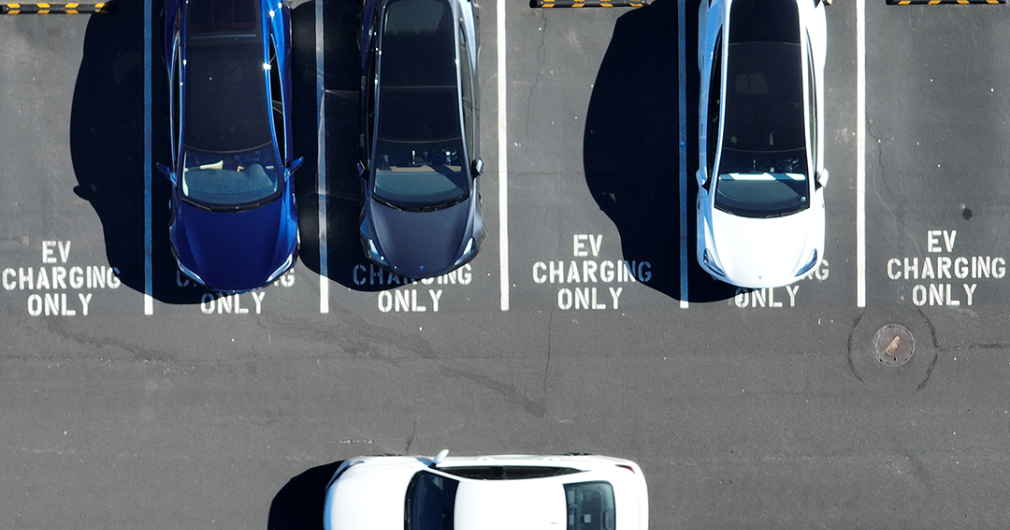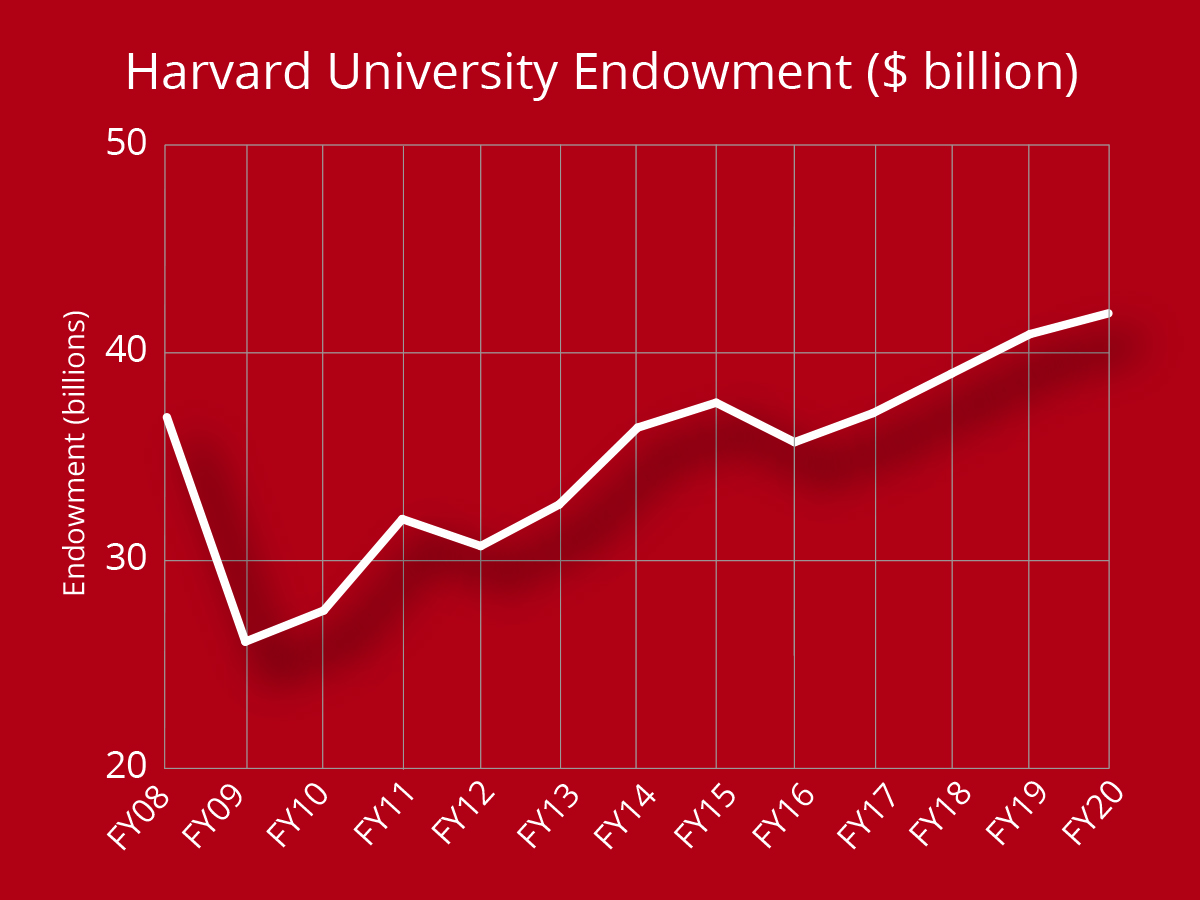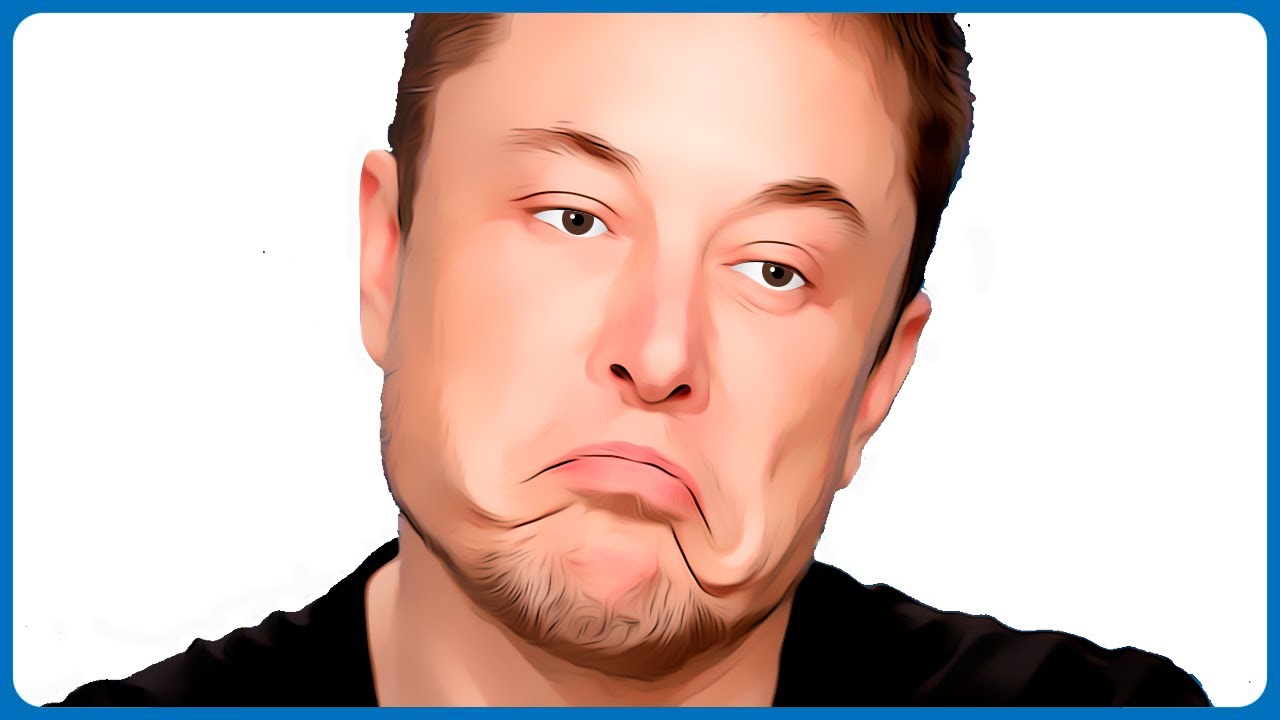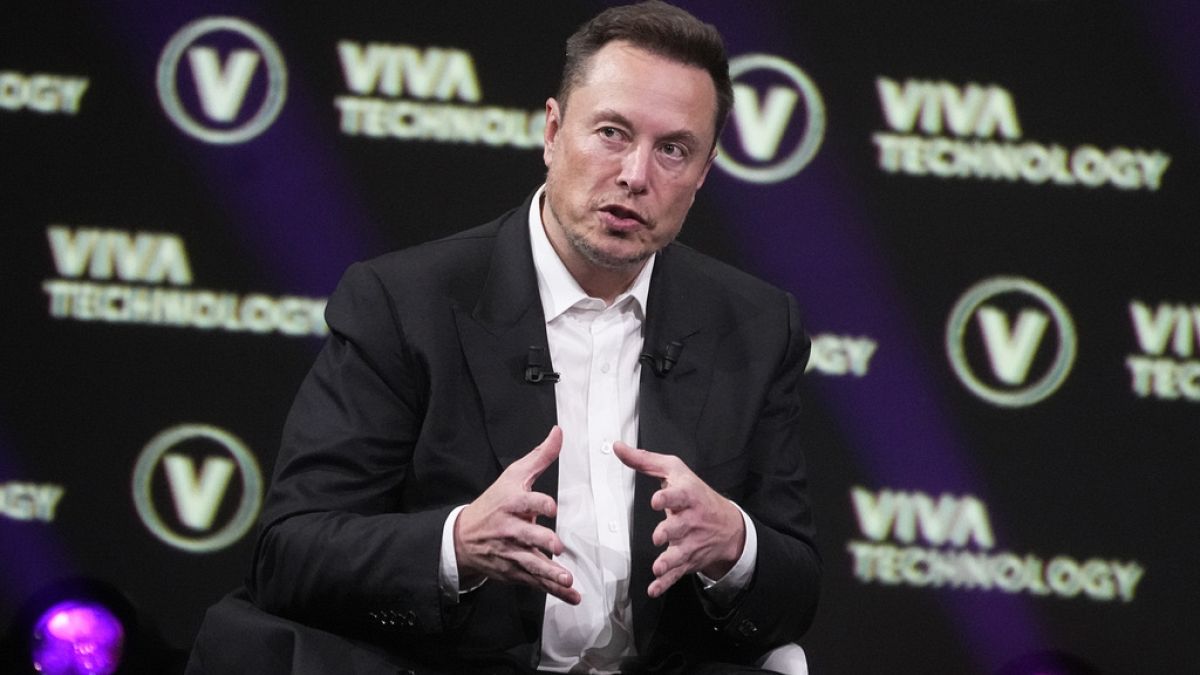Resistance Grows: Car Dealerships Oppose EV Mandate

Table of Contents
Financial Hurdles and Investment Costs
Dealerships are expressing serious concerns about the substantial financial burdens associated with complying with EV mandates. The transition requires significant upfront investment and carries the risk of reduced profitability in the short term.
High Initial Investment
Implementing an EV sales strategy necessitates considerable capital expenditure. Dealerships must invest heavily in new infrastructure to support the sale and servicing of electric vehicles. This includes:
- Upgrading charging stations and facilities: Installing fast-charging stations, upgrading electrical grids, and ensuring adequate space for charging infrastructure are substantial costs.
- Training staff on EV technologies and maintenance: Specialized training for mechanics and service technicians to diagnose and repair EV components is crucial and requires significant investment in time and resources.
- Managing the different battery technologies and charging requirements: The variety of battery chemistries and charging protocols necessitates advanced training and sophisticated inventory management systems, adding complexity and expense.
Reduced Profit Margins
A major concern for dealerships is the lower profit margin on EVs compared to gasoline-powered vehicles. Several factors contribute to this:
- Increased competition: The EV market is becoming increasingly competitive, putting downward pressure on prices and profit margins.
- Lower parts markup: EVs typically have fewer parts than gasoline cars, resulting in lower potential for parts markups and service revenue.
- Potentially lower sales volume initially: Until consumer demand significantly increases, dealerships may experience reduced overall sales volume, impacting their bottom line.
Inventory Management Challenges
The shift to EVs presents unique inventory management challenges. Dealerships must now manage not only traditional gasoline vehicles but also a range of electric models with varying battery sizes, charging capabilities, and technological features. This introduces complexities in:
- Storage and handling: EV batteries require specific storage conditions to ensure optimal performance and safety.
- Logistics and transportation: Shipping and handling EV batteries require specialized expertise and equipment.
- Inventory tracking and control: Sophisticated inventory management systems are needed to track EVs and their components efficiently.
Consumer Demand and Market Readiness
Even with government mandates, the success of EV adoption hinges on consumer demand and market readiness. Several factors are currently hindering widespread EV adoption.
Lack of Consumer Awareness
Many consumers remain unaware of the benefits of EVs, or are misinformed about their cost, range, or charging infrastructure. Increased consumer education and awareness campaigns are crucial for driving demand. This includes addressing:
- Total cost of ownership: Highlighting the long-term cost savings associated with EVs, including lower fuel and maintenance costs.
- Environmental benefits: Emphasizing the environmental impact of EVs and their contribution to reducing carbon emissions.
- Technological advancements: Showcasing the latest EV technologies and features.
Charging Infrastructure Gaps
The lack of a robust public charging infrastructure remains a major obstacle to EV adoption. Range anxiety and the inconvenience of finding charging stations deter potential buyers. Addressing this requires:
- Massive investment in charging infrastructure: Government funding and private investment are needed to expand the network of public charging stations, especially in underserved areas.
- Standardization of charging technologies: A standardized charging system would simplify the process for consumers and reduce the costs associated with deploying charging infrastructure.
- Improved charging station accessibility and reliability: Ensuring convenient and reliable access to charging stations is essential to building consumer confidence.
Range Anxiety and Charging Times
Concerns about limited driving range and lengthy charging times continue to hinder EV adoption. Technological advancements are addressing this, but consumer perception needs to catch up. This requires focusing on:
- Development of higher-capacity batteries: Batteries with extended range capabilities are crucial to alleviate range anxiety.
- Faster charging technologies: Faster charging times will significantly reduce the inconvenience of recharging.
- Improved range prediction technology: Accurate range prediction tools can enhance consumer confidence and reduce anxiety.
Logistical and Infrastructure Challenges
Beyond financial and consumer-related issues, logistical and infrastructural challenges are further hindering the smooth transition to EVs.
Training and Skill Gaps
Dealerships require substantial investment in training programs to equip their workforce with the skills needed to handle EV technologies. This includes:
- Mechanic training: Specialised training on EV components, battery systems, and high-voltage safety procedures is crucial.
- Sales staff training: Sales staff require knowledge of EV technology, charging infrastructure, and government incentives to effectively advise customers.
- Ongoing professional development: The rapidly evolving nature of EV technology necessitates ongoing training and professional development for staff.
Supply Chain Disruptions
The global supply chain continues to face disruptions, making it difficult for dealerships to source EV parts and components. This results in:
- Delays in vehicle delivery: Supply chain bottlenecks can cause significant delays in the delivery of EVs.
- Increased costs of parts and components: Disruptions in the supply chain contribute to higher costs for parts and components.
- Uncertainty in parts availability: Dealerships face uncertainty in the availability of parts and components, impacting their ability to service and repair EVs efficiently.
Government Support and Incentives
Dealerships argue that increased government support and incentives are essential for facilitating a smooth transition to EVs. This includes:
- Subsidies for dealership infrastructure upgrades: Financial assistance for dealerships to install charging stations and upgrade their facilities.
- Tax breaks and incentives for EV sales: Government incentives to encourage consumers to purchase EVs and support dealerships.
- Streamlined regulatory processes: Efficient and clear regulatory frameworks to make it easier for dealerships to sell and service EVs.
Conclusion
The opposition to EV mandates from car dealerships highlights the significant economic and logistical hurdles in transitioning to a completely electric vehicle market. While the shift to electric vehicles is crucial for environmental sustainability, a more gradual and supportive approach that addresses the concerns of dealerships and consumers is needed to avoid market disruptions. Government agencies must consider the practical challenges and engage in constructive dialogue with the industry. Without a collaborative effort to address the issues surrounding the EV mandate, the transition to electric vehicles could face significant setbacks. Dealerships and policymakers need to work together to overcome the obstacles and create a sustainable path to electric mobility. A balanced approach that considers both environmental goals and the economic realities facing dealerships is critical for the successful implementation of any future EV mandate or related policy.

Featured Posts
-
 La Palisades Wildfires Which Celebrities Lost Their Homes
Apr 22, 2025
La Palisades Wildfires Which Celebrities Lost Their Homes
Apr 22, 2025 -
 The Latest Blow Trump Administration Cuts 1 Billion More From Harvard Funding
Apr 22, 2025
The Latest Blow Trump Administration Cuts 1 Billion More From Harvard Funding
Apr 22, 2025 -
 Another 1 Billion Trump Administrations Renewed Assault On Harvard Funding
Apr 22, 2025
Another 1 Billion Trump Administrations Renewed Assault On Harvard Funding
Apr 22, 2025 -
 Intense Fighting In Ukraine Russias Aerial Attacks And The Us Peace Proposal
Apr 22, 2025
Intense Fighting In Ukraine Russias Aerial Attacks And The Us Peace Proposal
Apr 22, 2025 -
 Ohio Train Derailment Toxic Chemical Lingering In Buildings
Apr 22, 2025
Ohio Train Derailment Toxic Chemical Lingering In Buildings
Apr 22, 2025
Latest Posts
-
 King Protiv Maska Pikantnye Podrobnosti Vozvrascheniya Pisatelya Na X
May 10, 2025
King Protiv Maska Pikantnye Podrobnosti Vozvrascheniya Pisatelya Na X
May 10, 2025 -
 Stiven King Vernulsya V X I Napal Na Ilona Maska
May 10, 2025
Stiven King Vernulsya V X I Napal Na Ilona Maska
May 10, 2025 -
 Vozvraschenie Stivena Kinga Na X Oskorblenie Ilona Maska
May 10, 2025
Vozvraschenie Stivena Kinga Na X Oskorblenie Ilona Maska
May 10, 2025 -
 5 Celebrity Feuds That Involved Stephen King
May 10, 2025
5 Celebrity Feuds That Involved Stephen King
May 10, 2025 -
 Novi Interv Yu Stivena Kinga Politichni Poglyadi Pismennika
May 10, 2025
Novi Interv Yu Stivena Kinga Politichni Poglyadi Pismennika
May 10, 2025
